Venezuelan opposition seeks to narrow path to power
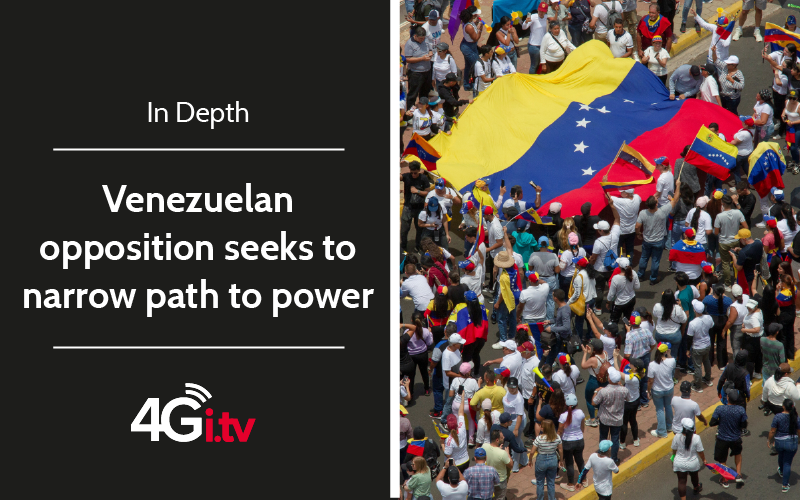
Venezuela’s opposition, which declared itself the winner of Sunday’s presidential election, is looking for ways to find a path to power despite significant obstacles. Opposition leaders say they have access to about 90 per cent of the ballots and printouts of those tallies show their candidate, Edmundo Gonzalez, won by more than twice as many votes as Maduro.
Venezuela’s current president, Nicolás Maduro, has declared his victory and denounced the resulting protests across the country as an attempted coup d’état. The electoral council has backed his claim, but has not provided a full breakdown of the votes.
Other opposition avenues to power could include a negotiated settlement or the hope that the protests will increase foreign pressure on the government, and analysts say all such efforts are unlikely to succeed.
Waves of anti-government protests in 2014, 2017 and 2019 led to hundreds of deaths and failed to topple Maduro. Since Monday, protests across the country have left at least 11 people dead and the government has said two members of the security forces were also killed.
Maduro’s government claims to have organised many opportunities for dialogue, but the opposition says the government is only talking to groups that are actually allies of the president.
Publication of votes
Venezuela’s National Council said Maduro had won a third term with 51 per cent of the vote, but it did not provide a tally at the ballot box level and its website has been down since Sunday.
The opposition, the European Union and countries including the United States, Brazil and Chile have called on the government to publish voting records from 30,000 ballot boxes across the country. The opposition is uploading to a public website each of the tallies, which as of Wednesday morning showed 7.1 million votes for Gonzalez and 3.2 million for Maduro.
Opposition figures show it has almost all the tallies in some states, such as Táchira and Mérida, and fewer in others, such as the sparsely populated Amazonas, where the opposition registered access to only 54 per cent of the tallies. In some places, opposition witnesses were banned from polling stations altogether.
Brazilian President Luiz Inácio Lula da Silva and his US counterpart, Joe Biden, discussed the Venezuelan elections by telephone on Tuesday and agreed to wait for the release of the vote tallies before taking a position, a Brazilian official said.
Venezuela must release the results to ‘resolve the dispute’ before Maduro’s victory is recognised, Lula said.
G7 expresses concern
The Group of Seven (G7) foreign ministers adopted a statement expressing solidarity with the Venezuelan people and concern over the announced election results, which sparked protests across the South American nation.
Venezuelan President Nicolas Maduro declared victory in the country’s elections earlier this week, but the opposition contested the result and said multiple independent exit polls and quick counts showed decisively that their candidate had won.
The G7 foreign ministers called on ‘Venezuelan representatives to publish detailed election results in full transparency’ and asked to ‘immediately share all information with the opposition and independent observers’. ‘We call for maximum restraint and a peaceful, democratic and Venezuelan-led solution,’ the ministers said.
Italy holds the rotating presidency of the G7 for 2024. The group also includes Germany, France, Britain, Canada, Japan and the United States.
‘On the Maduro regime, I have always maintained a strong condemnation since I have held positions in the European institutions,’ said Antonio Tajani, leader of the Forza Italia party and former president of the European Union parliament.
The US-based Carter Center, which observed the vote, said the Venezuelan elections ‘did not meet international standards of electoral integrity and cannot be considered democratic’.
BELIEBTE BEITRÄGE
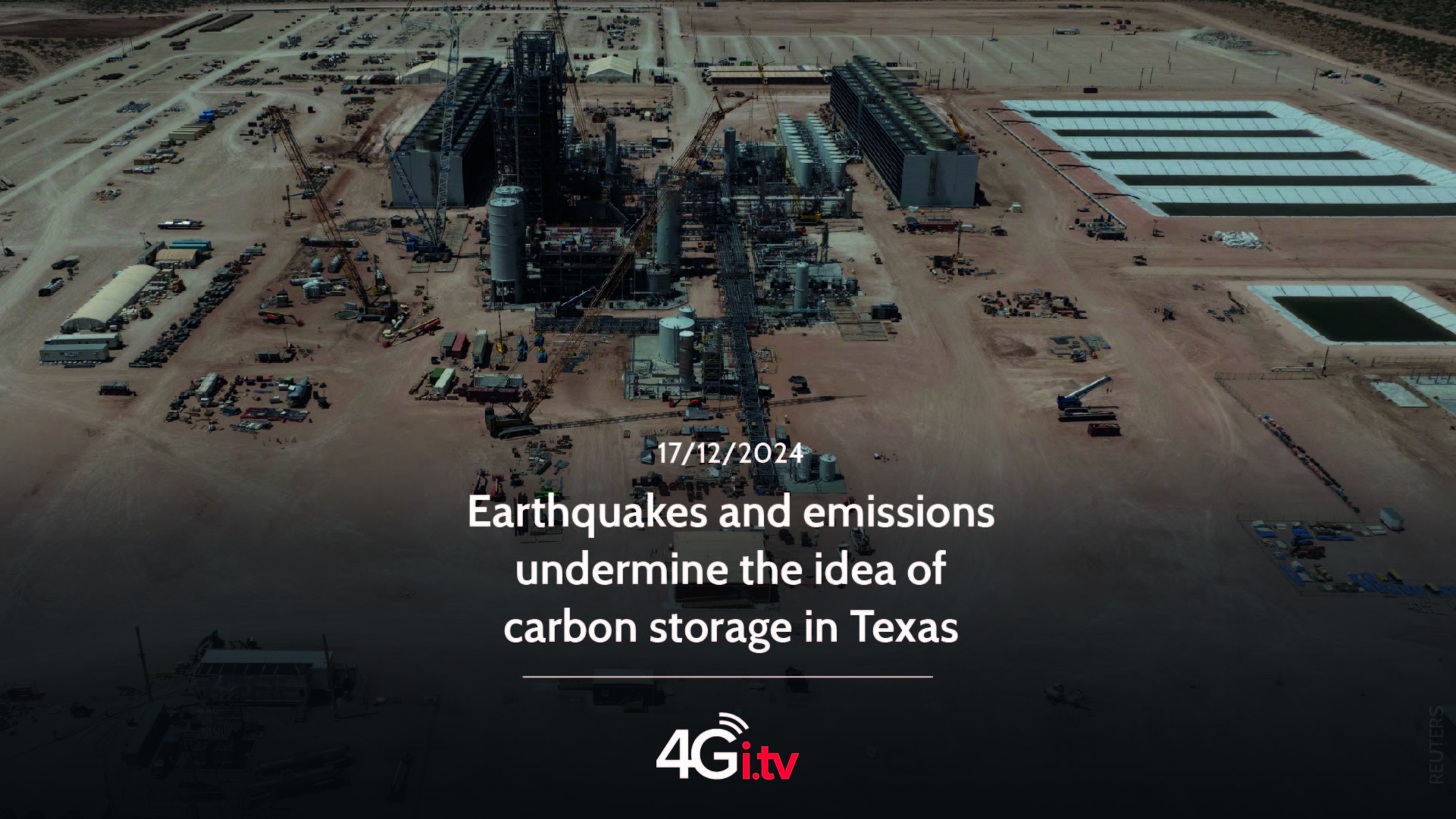
Earthquakes and emissions undermine the idea of carbon storage in Texas
Dezember 17, 2024
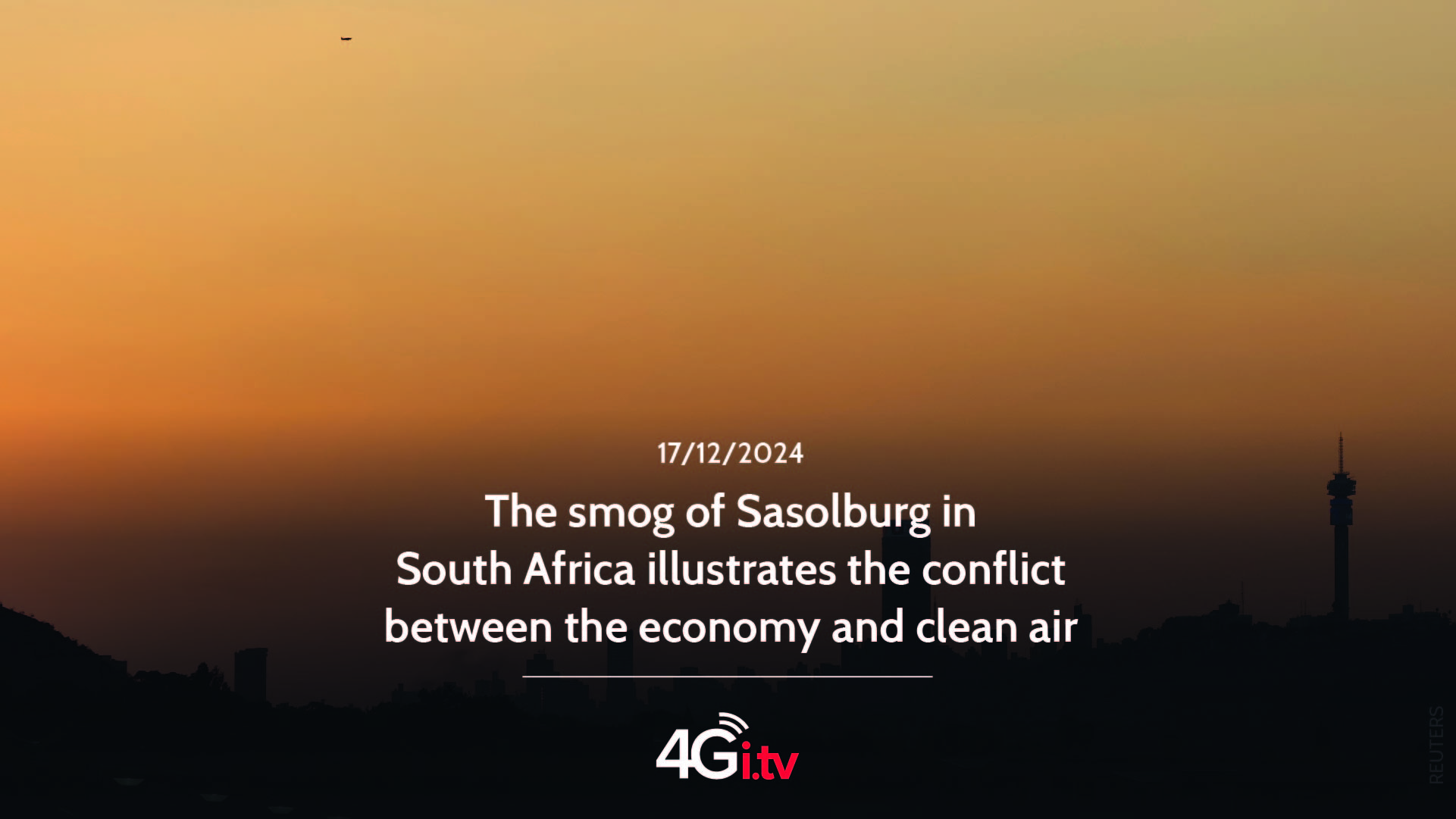
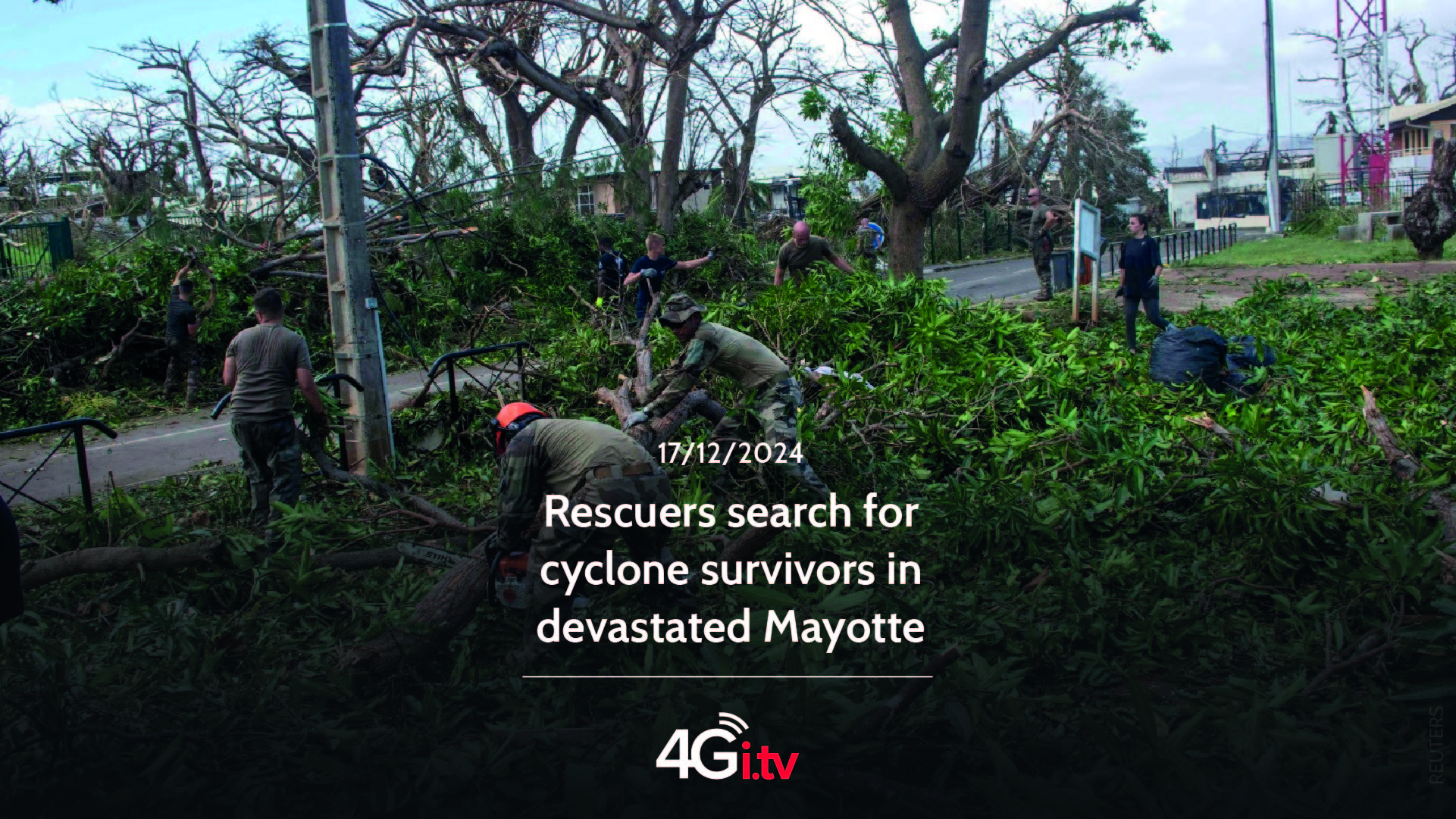
Rescuers search for cyclone survivors in devastated Mayotte
Dezember 17, 2024
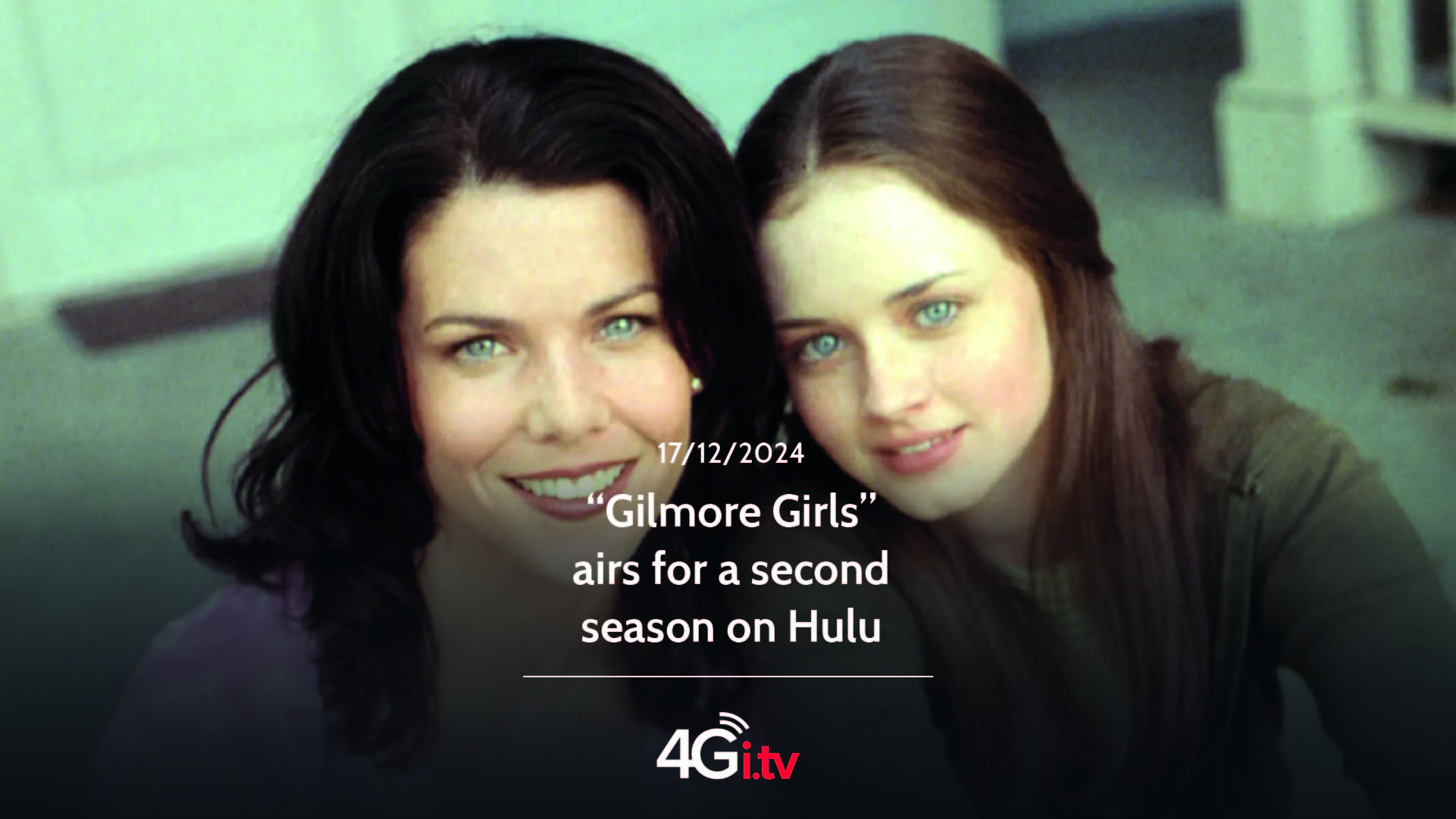
“Gilmore Girls” airs for a second season on Hulu
Dezember 17, 2024
LIVEÜBERTRAGUNG



